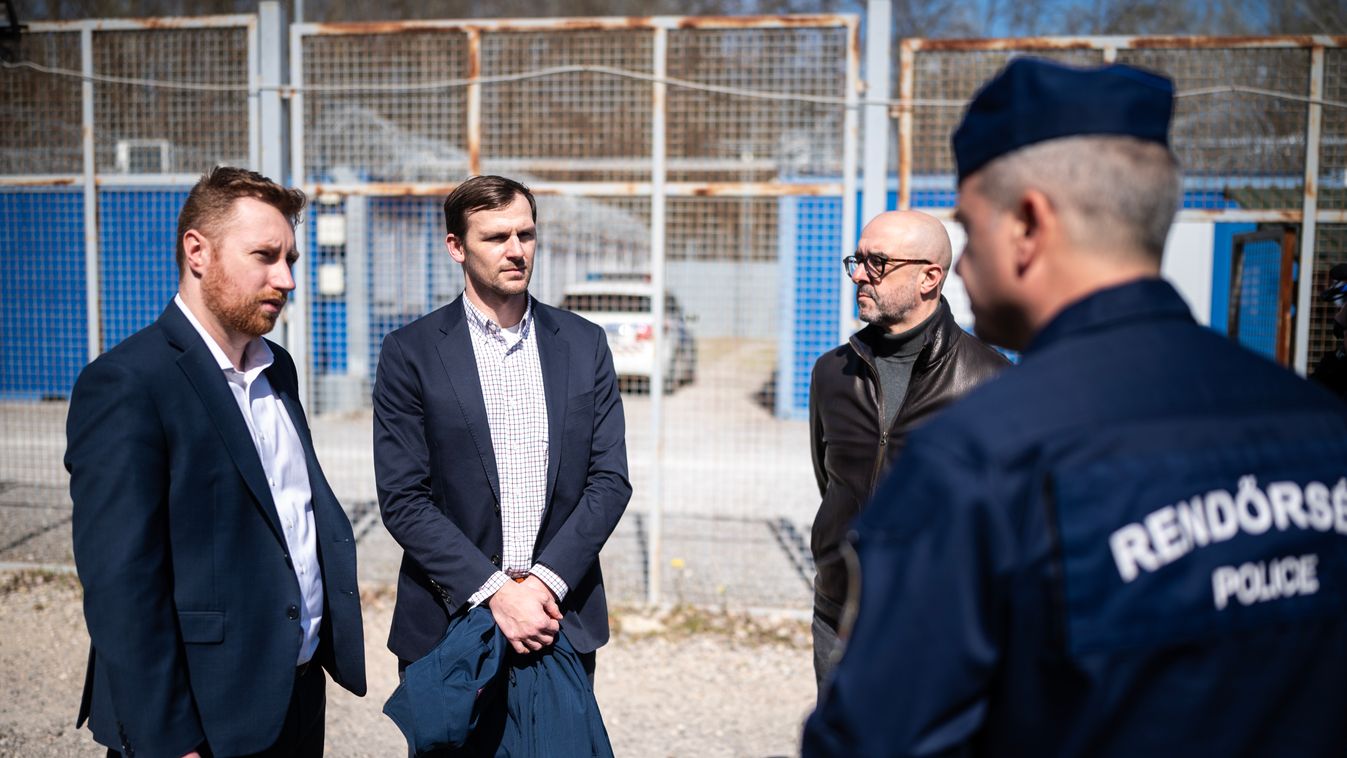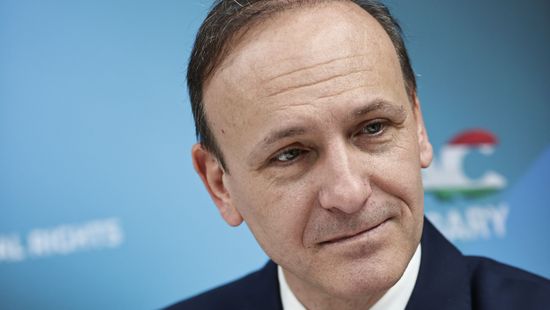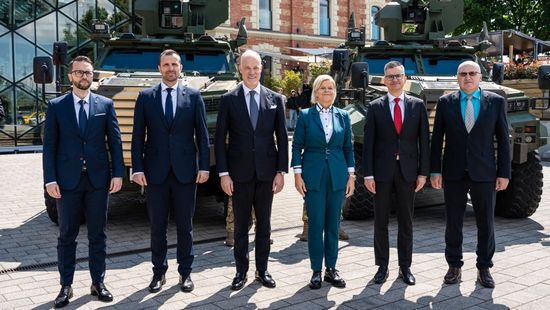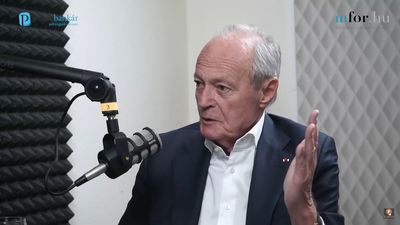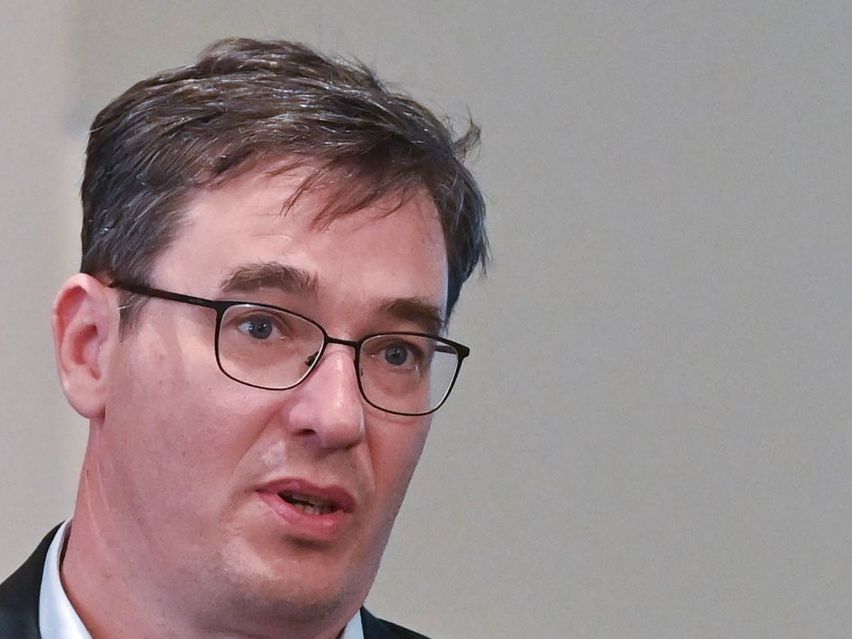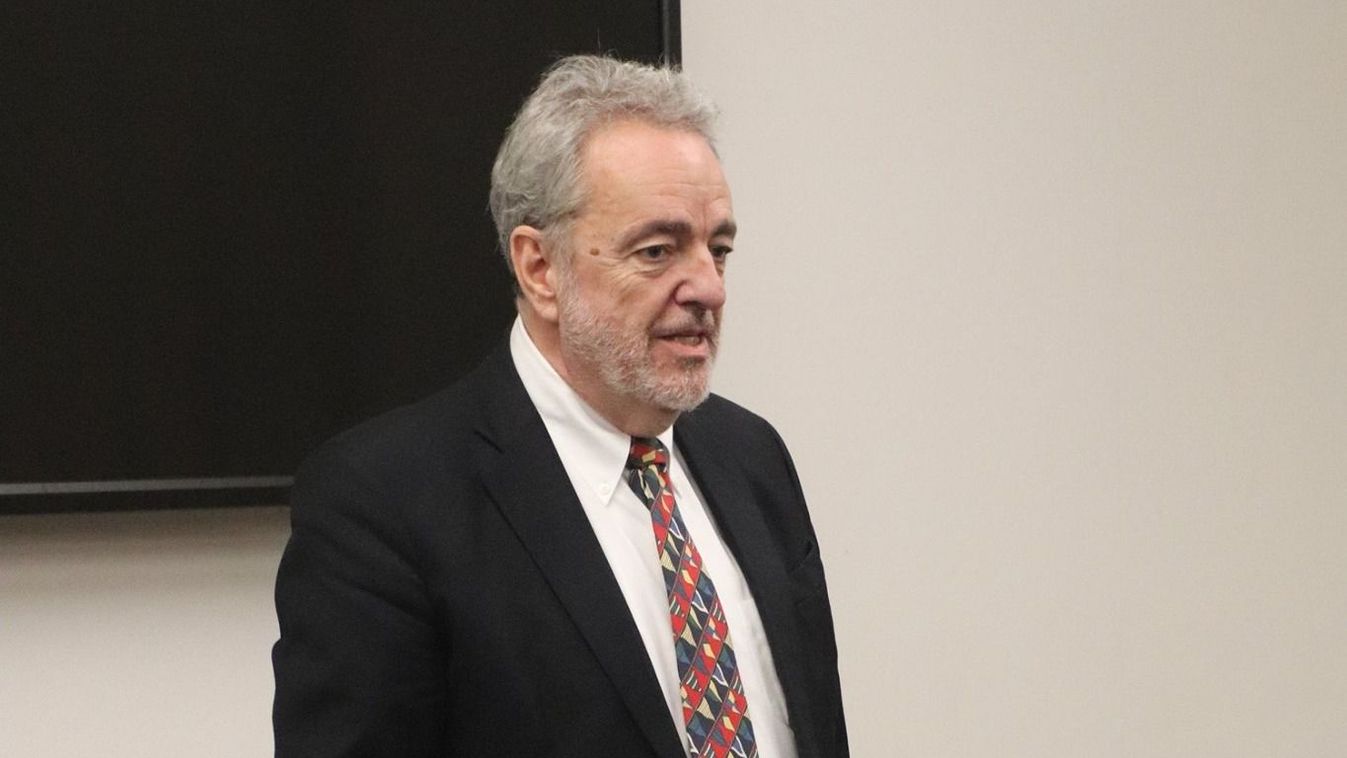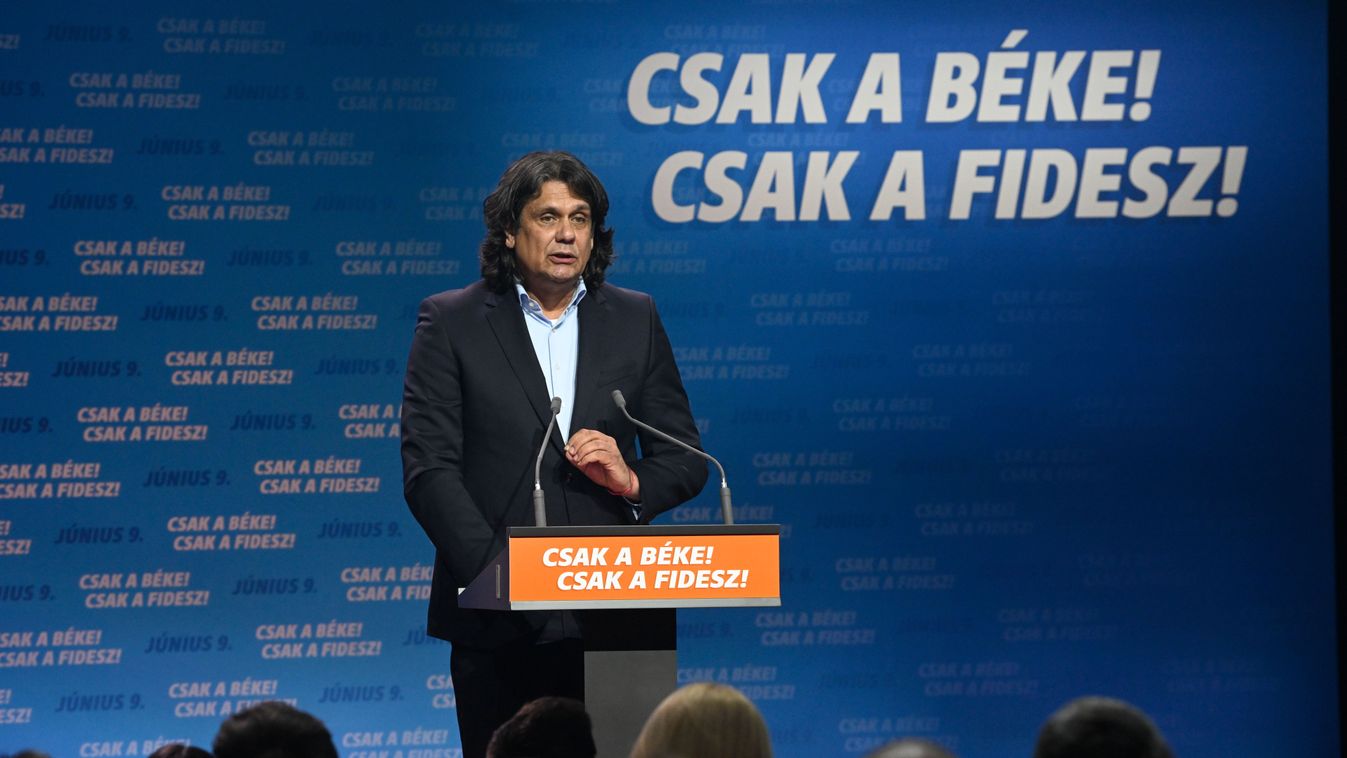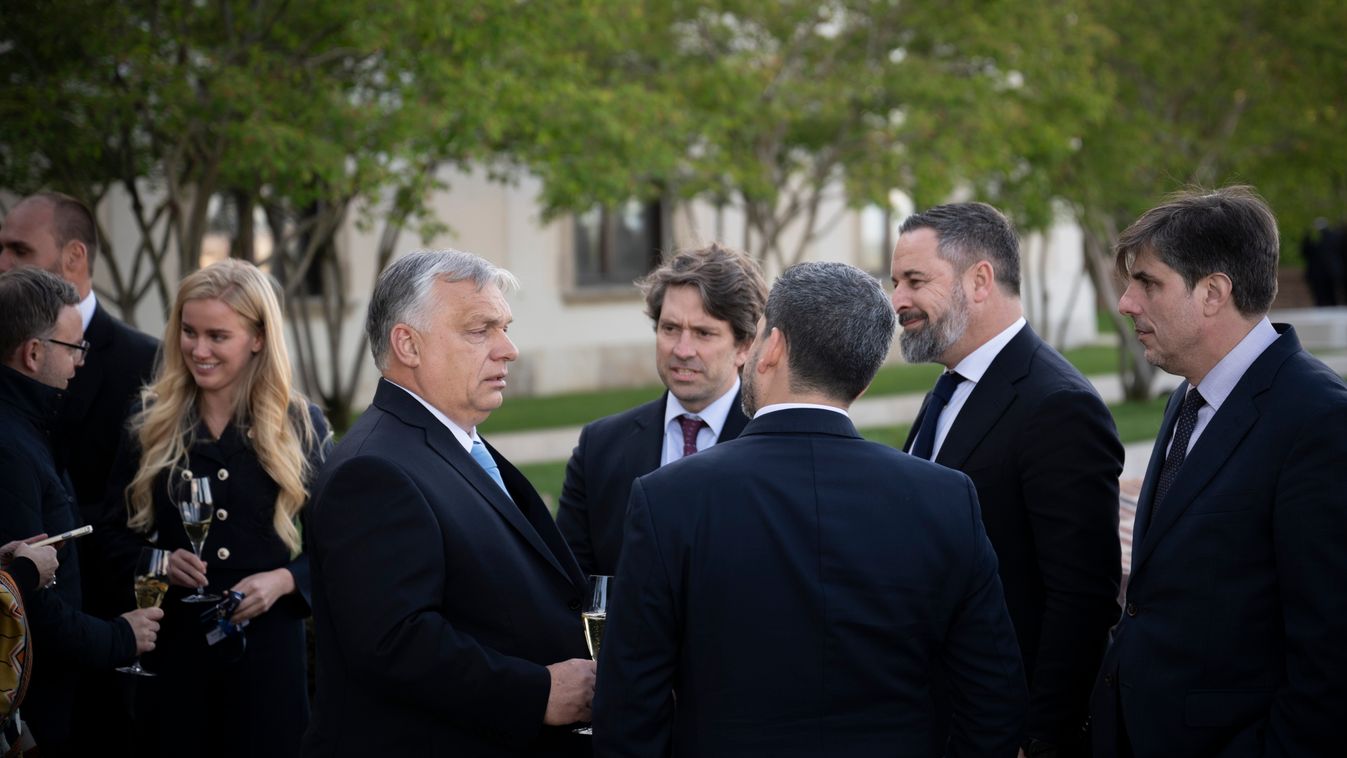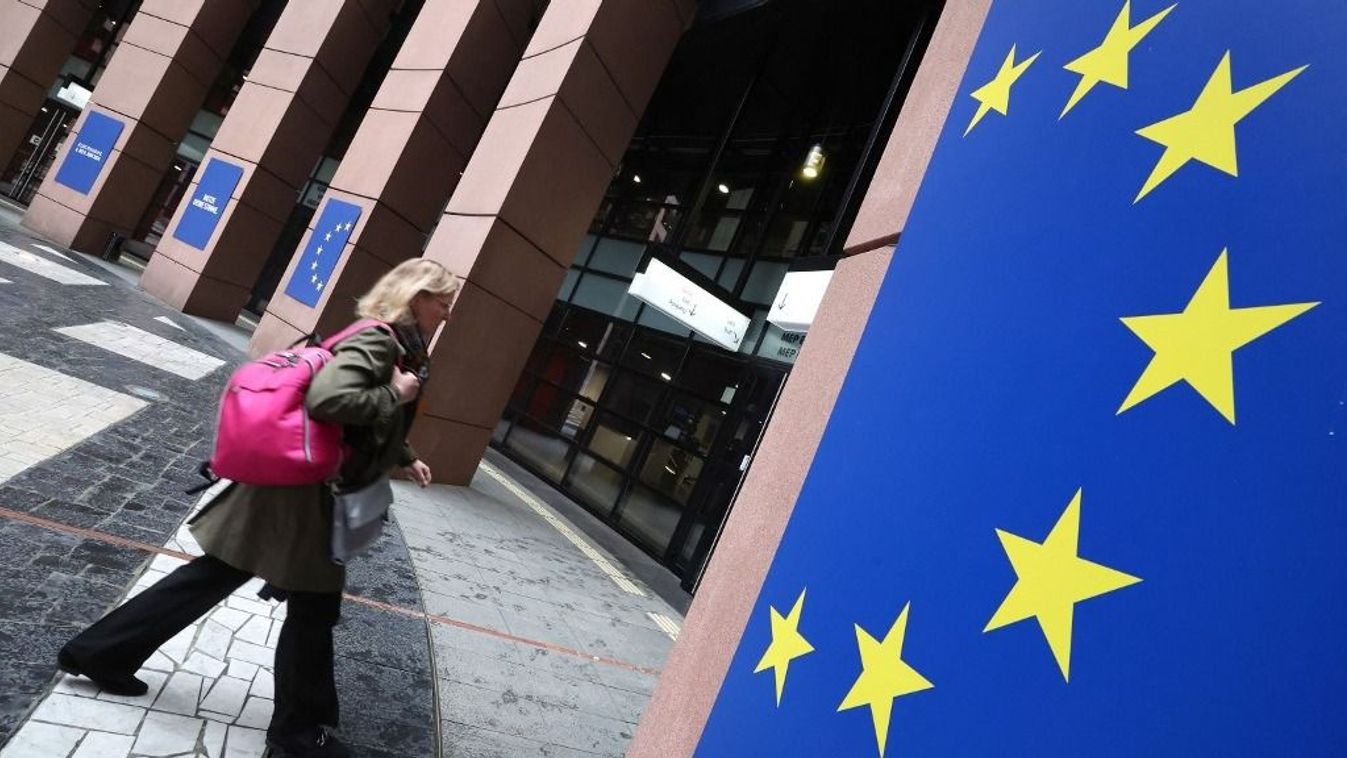American and European conservatives, including Hungarian conservatives can find similar answers to similar challenges, such as migration, said Peter Torcsi, the operational director of the Center for Fundamental Rights, in his welcome speech.
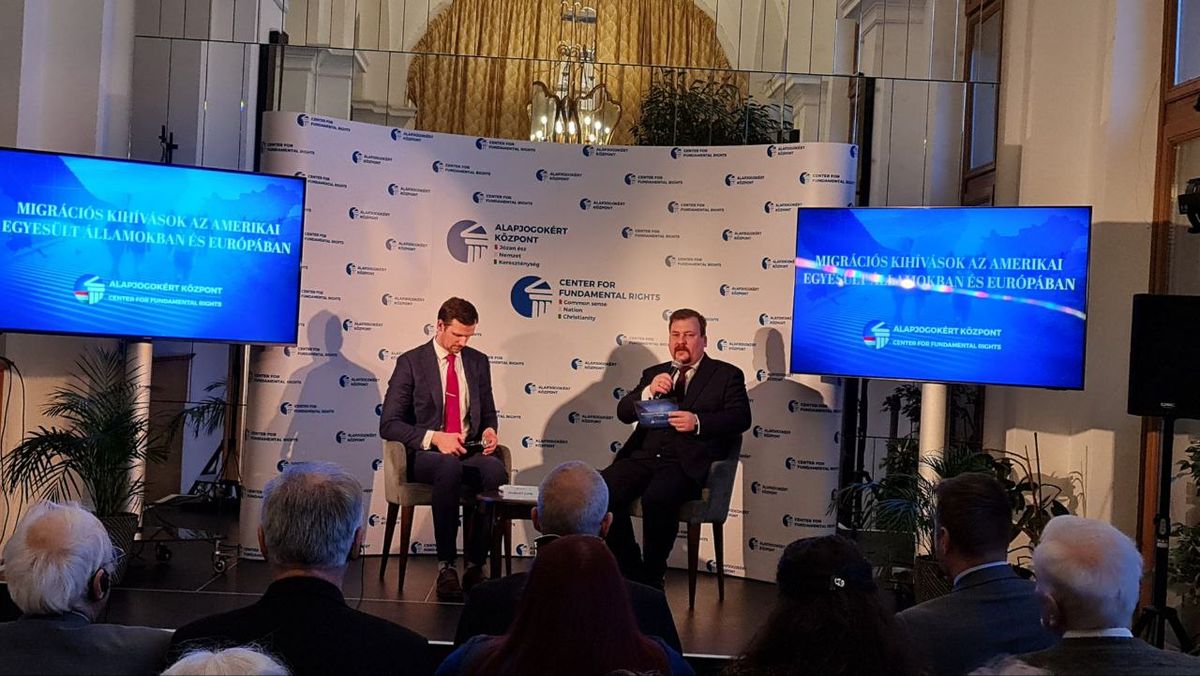
Good relations between American and Hungarian conservatives exist not only on the surface, but there is also strategic cooperation, he added.
"Freedom unites us, but it also means responsibility," the think tank's operative director said, noting that there is much more that unites us than divides us.
Today we can see the dangers of uncontrolled illegal migration from a decade's long perspective,
Peter Sztaray, the Hungarian state secretary for security policy, said. Referring to US-Hungary ties, he remarked that it is a long standing relationship, albeit, one that is currently bitter despite Hungary being a reliable ally of the United States in NATO.
The state secretary described Hungary's migration policy as having three pillars: first, protecting the border, which also happens to be the external border of the European Union; second, deciding on entitlement to asylum when applicants are still outside the border; and third, taking help to where the problem is and not bringing the problem here.
Those wanting to cross the Hungarian border have often already traveled through four or five safe countries, including EU member states, on their way, the state secretary pointed out. The situation is different for those arriving from Ukraine, as Hungary is the first safe country, the Hungarian government is providing these refugees all the help they need.
In nine years, the European mainstream's view on migration has come closer to the Hungarian position, with many recognizing the need to protect borders, he stressed.
Robert Law a beszélgetés során örömét fejezte ki, hogy a helyszínen, első kézből tekinthette meg a magyar határhelyzetet. A szakpolitikus szerint nem meglepő, hogy Donald Trump volt amerikai elnök gyorsan megszerezte a jelöltséghez szükséges delegáltakat. A novemberi elnökválasztáson egy olyan jelölt néz farkasszemet egymással, akinek Amerika az első és egy olyan, aki számára viszont az utolsó – mutatott rá Robert Law, az America First Policy Institute (AFPI) Belbiztonsági és Bevándorlási Központjának igazgatója.
During the discussion, Robert Law expressed gratitude in having been able to see the Hungarian border situation on the gound first hand. He said it was no surprise that former US President Donald Trump had quickly secured the delegates needed to run for office. The November presidential election will be a contest between one candidate who puts America first and one who puts America last, the director of the Center for Homeland Security and Immigration at the America First Policy Institute (AFPI).
While the Biden administration's measures are being implemented without so much as a murmur by US bureaucrats, Donald Trump's decisions were much harder to put into practice because of their resistance, which, if nothing else, was a time-consuming effort to block measures they didn't like, said the politician who worked on migration policy during Trump's presidency.
Under Trump, the number of arrivals was much lower than now, but even then there was talk of a crisis. By now, this number has increased several times, so no wonder that migration has become one of the most important issues in the November presidential elections.
We ourselves finance the invasion at the border,
Robert Law pointed out.
The migrants have a simple job: they get themselves caught by the border guards and transported by buses to the cities. They receive train or plane tickets to travel on from NGOs, they are given food and often money, too. These are largely financed by taxpayers," the expert said, explaining the phenomenon in the US.
In the current situation, all states are now border states, because everyone is affected by the problem of migration, if not otherwise, through education and health care overwhelmed by the huge number of illegal migrants.
The Democrats have changed their rhetoric. Now they also call it a crisis, but they are trying to portray it as the fault of Trump and the Congress," said Robert Law, adding that the same laws that Donald Trump used to contain the crisis are still in place, but it would take political will to apply them.
The model of sovereignty and success in Hungary's migration policy
Hungary knows how to protect its sovereignty and the security of its citizens,
said Robert Law during a visit to the Hungarian-Serbian border organized by the Center for Fundamental Rights. The event was also attended by State Secretary for International Communication Zoltan Kovacs, and Magor Ernyei, director of international relations at the Center for Fundamental Rights. Law praised Hungary's firm stance against illegal migration, contrasting the policies pursued by the Hungarian and US governments.
Director of International Relations Magor Ernyei explained that the cooperation between American Republicans and Hungarian conservatives focuses on harmonizing migration policy and strengthening border defense, as the fundamental pillars of national sovereignty.
This backbone is provided by a joint project run by the Center for Fundamental Rights and the America First Policy Institute, aiming to harmonize the two approaches. We agree with our American Republican friends: without strong border defense, there is no nation,
he added.
State Secretary Zoltan Kovacs emphasized the importance of political will in the effectiveness of Hungary's approach to migration.
Over the past 9 years, Hungary has proven that illegal migration can be stopped at our borders with the effectiveness of the border fence, police, and border hunters. Currently, although there seems to be silence at the border, in reality, migration pressure is increasing, but we are ready and will protect our country,
he explained.
Cover photo: Director of the Center for Homeland Security and Immigration at the America First Policy Institute (AFPI) during a visit to the Hungary-Serbia border (Photo: Center for Fundamental Rights/Attila Gunduz)

